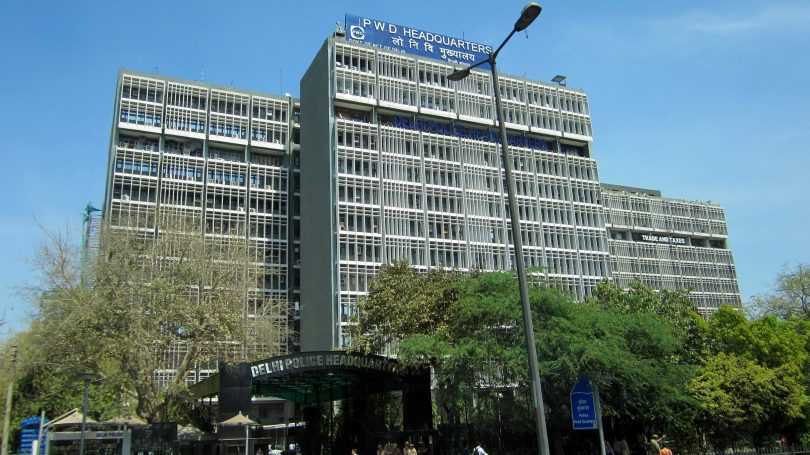No FIR has been registered in the lynching case of 20-year old Sanjay Giri even after one month. Sanjay was lynched by the mob last month. Additional Deputy Commissioner of Police R. Sathiyasundaram said that no FIR had been filed on the death of Giri.
Officers say that in case of murder, police should file an FIR immediately although there can be exceptions if events beyond human control like a natural disaster occur after the crime. Two officers privy to the Giri case confirm no FIR has been registered. “We’re waiting for the autopsy report. We’ll see the reason of death and then file an FIR,” one officer said.
Giri’s autopsy was done more than a month ago. On June 8, Giri was beaten up by a mob for allegedly molesting a four-year-old girl in Sanjay Lake, a park in east Delhi. He died on June 10.
A legal expert with a lawyers’ group wondered why the police were going so slow. “Where are the circumstantial evidence and eyewitnesses? Police can’t just not file an FIR for one month and say they’re waiting for autopsy report.”
About two minutes walking distance from Giri’s house in Shashi Garden, a densely populated neighbourhood in east Delhi, is the house of the girl who was allegedly molested. But her mother insists her daughter was not molested. “It’s you people (media) who told twisted stories,” she said, closing the metal door of their house, refusing to speak further.
Police first told IANS that an FIR was filed about the girl being molested and it had Giri’s case too. Asked about the FIR’s date, the Additional DCP said it was filed on June 9, a day before Giri’s death, and it didn’t have details of his demise. Giri’s father Tirubhuvan, 50, laments at their two-room under-construction house: “First I was told an FIR was registered. But later I was told it was not. Police said our case will be registered only after the autopsy report comes.”
Tirubhuvan said when he went to the police station last week, he was asked not to “disturb” them and that he would be told when the autopsy report comes. “I haven’t gone there after that.”
While Giri’s neighbours said he was not mentally sound and had discontinued school, his family said he was not as “clever” as boys of his age. “He had trouble learning things and handling money. But he worked hard as a labourer,” his father said.
A Giri family neighbour, Ladu, defended the boy. Pointing to her daughters, Ladu said: “If he had to do something, he could have done it with my daughters long back.”
About a dozen other neighbours recalled Giri as a well-behaved youth who never created any trouble. Tirubhuvan blamed drug addicts in the park for his son’s murder.
On June 8, at around 9.30 p.m., Giri went out to fetch water from a public tap wearing a towel and an inner-wear T-shirt telling his parents he would be back soon. An hour later, he was beaten up by a mob in the park. “When I saw him at the hospital, he neither had the T-shirt nor his underwear,” said the father, who sells tea for a living. “He just had the towel over him.”
“We want justice for our son,” he said. “But we don’t have money to pay anyone.”

